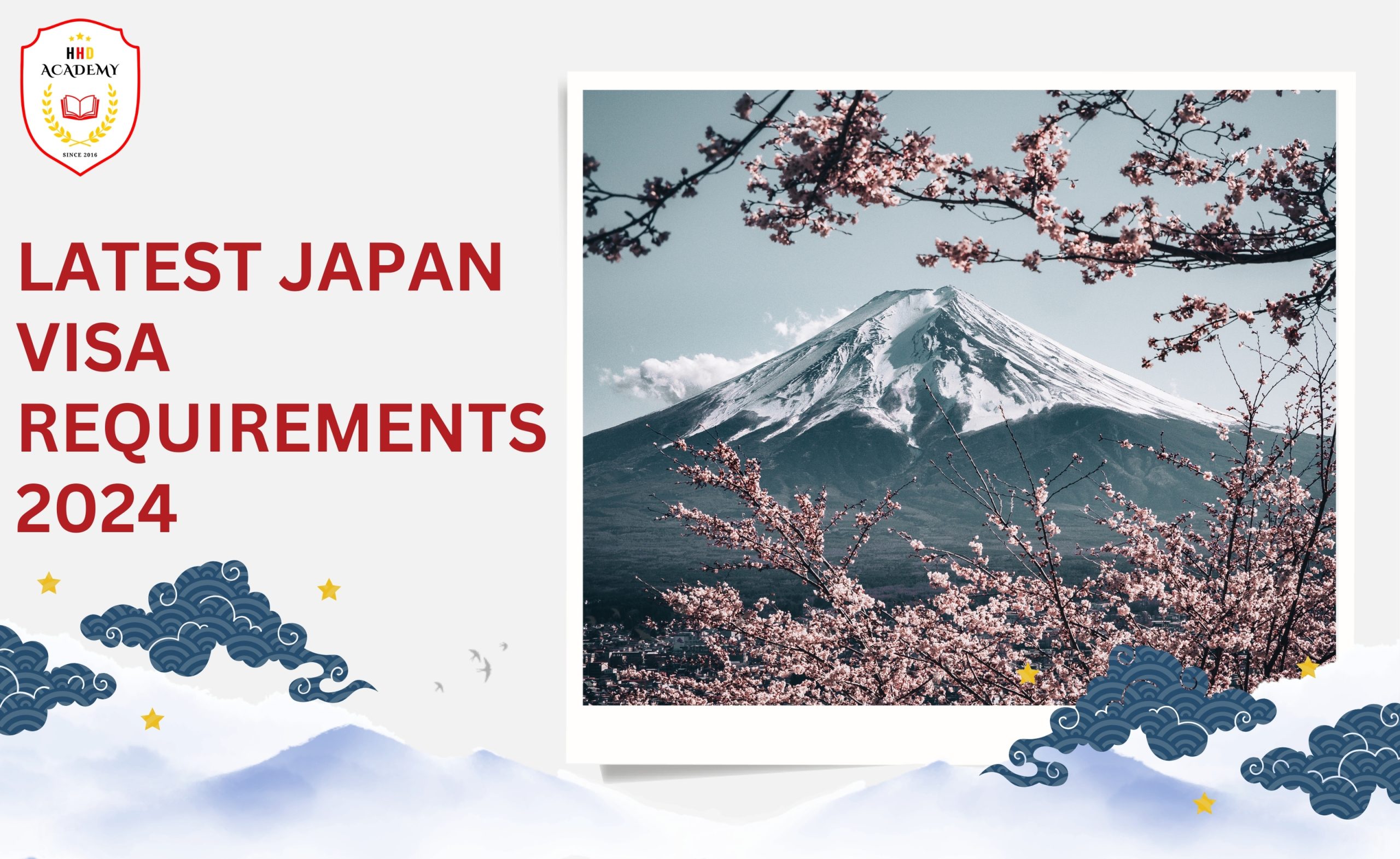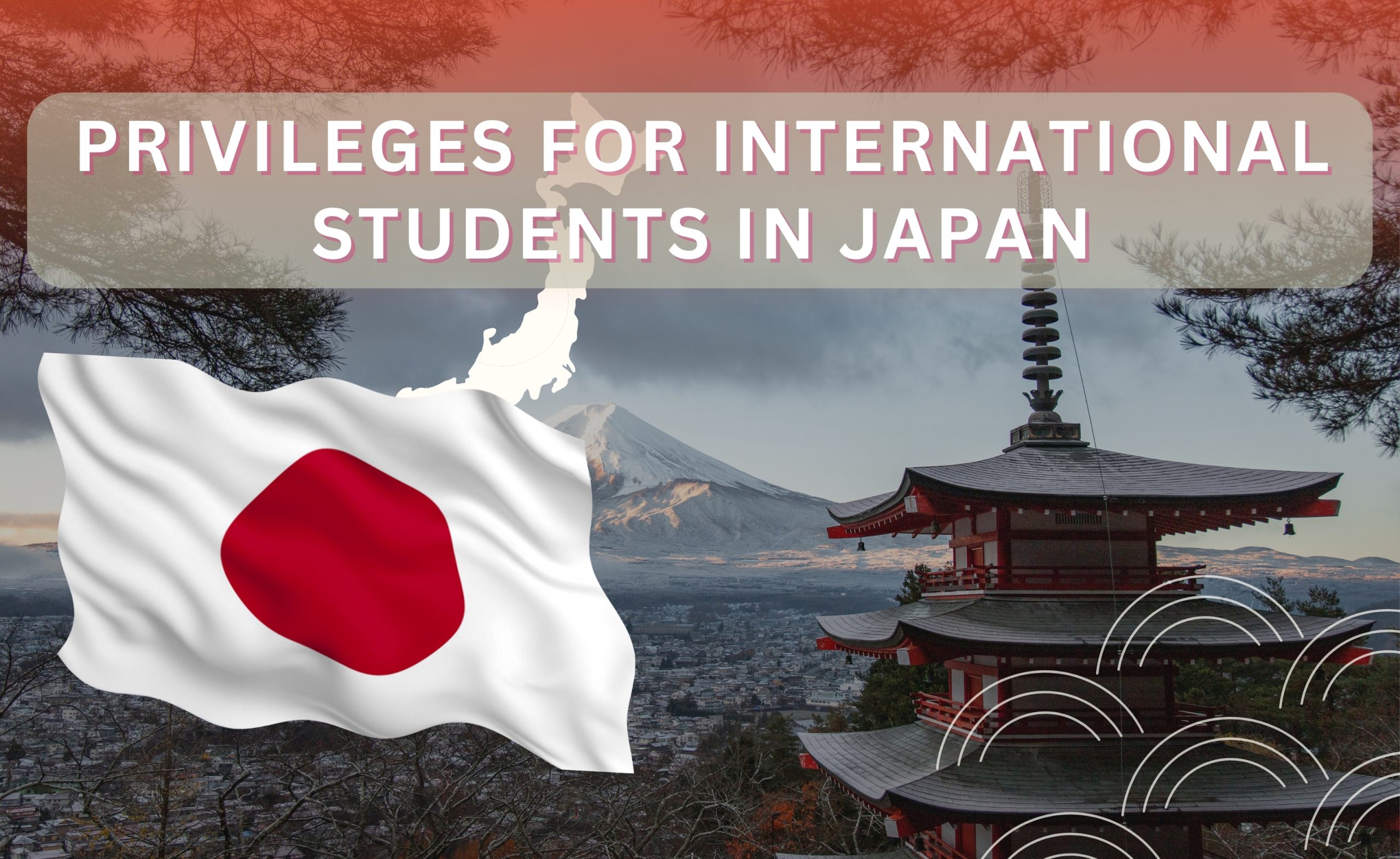STUDY ABROAD IN JAPAN WITH SOME TIPS
Study abroad in Japan with some tips
When studying abroad in Japan, students often face various pressures such as academics, costs, and adjusting to a new culture. Here are some valuable tips you should not miss when preparing for your trip to Japan.
1. Pleased to Meet You
If you’ve ever met or worked with Japanese people, you might have noticed they often bow and say “YOROSHIKU ONEGAI SHIMASU.” This phrase is used not only when introducing oneself but also when requesting help. Sometimes, you might see it at the end of a letter. If you receive this phrase, don’t be confused; just respond by repeating it: “YOROSHIKU ONEGAI SHIMASU.”
2. How to Decline
Japanese people place a high value on harmony in relationships and prefer not to hurt others’ feelings by being too blunt. When offered a dish you don’t like, you should say “ARIGATÔ GOZAIMASU” to express gratitude. If you need to decline an invitation or suggestion, you can use “CHOTTO….” In business, when declining a deal, Japanese often say “KENTÔ SHITEMIMASU,” which means “I will consider it,” but in reality, it implies that you should not expect a positive answer.
3. Awareness of Time
Japanese people are very punctual and often arrive on time or even early. A survey indicates that many Japanese feel anxious if a train is late by just 5 minutes. Arriving 5 minutes early is a significant rule in communication. If you think you might be late, it’s best to call ahead to avoid losing trust.
4. Company Working Hours
Traditional working hours in many Japanese companies are from 9 AM to 5 PM, but recently, flexible working hours are becoming more common. However, many employees still feel uncomfortable leaving early if colleagues or superiors are working late. To show consideration, Japanese people often say “OSAKI NI SHITSUREI SHIMASU,” meaning “Excuse me for leaving early.”
5. Personal Stamps
A notable cultural feature in Japan is the use of “INKAN” or “HANKO” stamps. These stamps, made from wood, stone, or plastic and engraved with the owner’s name, are crucial for transactions such as opening a bank account or signing a contract. Although signatures may also be valid, stamps are still commonly used in daily tasks like verifying mail.
6. Body Language
Body language plays a significant role in Japanese communication. For instance, to call someone over, Japanese people typically place their palm down and wave. Nodding signifies agreement, while shaking the head indicates disagreement. Pointing at your own nose means “I.” If someone points two fingers up on their head, they are implying that they are annoyed.
7. Elevator Etiquette
When using an elevator, stand to the sides of the doors to avoid blocking people exiting. If traveling with guests or superiors, stand in a position that allows you to operate the elevator. In elevators, it’s polite to avoid talking to prevent disclosing information and to maintain courtesy.
8. Splitting the Bill
In Japan, it is common to split the bill equally among friends, a practice known as “WARIKAN.” When dining with older individuals, they may cover the entire bill or pay more. In such cases, you can express gratitude by saying “GOCHISÔ SAMA DESHITA.” If you pay for everyone, you can say “OGORU” or “GO-CHISÔ SURU.” Nowadays, splitting the bill has also become more common when dining with a boyfriend or girlfriend.
9. Japanese Favorite Foods
Sushi is the most loved dish among Japanese people, with 73% of survey respondents indicating their preference. Sashimi ranks second, while grilled fish is fifth. The list also includes ramen and curry, which originate from China and India but have been adapted to Japanese tastes.
10. Communication with Neighbors
Customs and practices vary by country. In Japan, issues like noise and improper waste disposal often cause problems between foreigners and locals. Each region has its own waste classification rules, and failure to follow them can cause trouble. Strive to adhere to waste disposal regulations to maintain good relationships with your neighbors.
11. Disaster Preparedness
In the event of a major disaster, you may lack essential supplies. Prepare an “emergency kit” with water, food, a flashlight, batteries, and medication. Secure your household items to prevent them from falling during an earthquake, as this can cause injury and hinder evacuation. Prevention is a fundamental principle of disaster preparedness.
I hope these tips help you better prepare for your study abroad experience in Japan!










